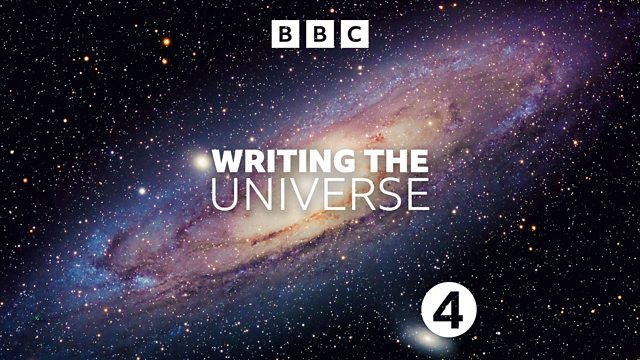The End
Robin Ince explores how great science communicators past and present have helped woo us towards ideas of the universeβs destiny
It might seem to be the most remote of scientific questions. How does it all end - If indeed it does end? Much has been written about the beginning that lies behind us: the creation of the universe 13.8 billion years ago; the Big Bang and all that followed. But with all we have learned so far, how accurate can our predictions of the end be?
It was Renaissance astronomer Galileo who believed the βBook of nature is written in mathematical charactersβ and that without these βone is wandering in a dark labyrinthβ But equations of physics can run both forward as well as back. And pictures have begun to emerge of the far-future evolution of the universe .But in conveying any scenarios as to how the universe might end, how careful do scientists and writers have to be to avoid bringing on any cosmological vertigo to the minds of inhabitants on planet earth?
Robin Ince examines how the great science communicators past and present have helped woo us towards concepts of the universeβs destiny that we would have previously found quite improbable.
With contributions from Robinβs fellow Infinite Monkey Cage presenter Brian Cox, Katie Mack author of The End of Everything; Paul Sutter author of Your Place in the Universe; physicist and philosopher Sean Carroll; art critic Louisa Buck; writer and producer John Lloyd; astronomer Adam Riess; astrophysicist Mike Turner
Producer: Adrian Washbourne
Executive Producer: Alexandra Feachem
Soundscape designer: Jane Watkins
ΒιΆΉΤΌΕΔ Studios Audio Production
Last on
Broadcast
- Mon 24 Jun 2024 11:00ΒιΆΉΤΌΕΔ Radio 4

